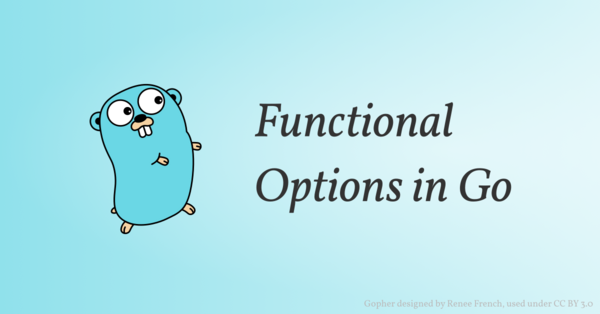In this post, we will learn how to parse json data in GoLang. Have fun!
Working with structed data
1
2
3
4
5
6
7
8
9
10
11
12
13
14
15
16
17
18
19
20
21
22
|
// Import package
import (
"encoding/json"
)
type Bird struct {
Species string
Description string
}
func main() {
jsonString := `{
"species": "pigeon",
"description": "likes to perch on rocks likes to perch on rocks likes to perch on rocks"
}`
var bird Bird
err := json.Unmarshal([]byte(jsonString), &bird)
if err != nill {
// json string is invalid.
}
...
}
|
Custom attributes name
1
2
3
4
5
6
7
8
9
10
11
12
13
14
15
|
...
type Bird struct {
Species string `json:"birdType"`
Description string `json:"what it does"`
}
func main()
{
jsonString := `{
"birdType": "pigeon",
"what it does": "likes to perch on rocks"
}`
var bird Bird
err := json.Unmarshal([]byte(birdJson), &bird)
...
}
|
Working with JSON arrays data
1
2
3
4
5
6
7
8
9
10
11
12
13
14
15
16
|
func main() {
...
jsonString := `[
{
"species":"pigeon",
"decription":"likes to perch on rocks"
},
{
"species":"eagle",
"description":"bird of prey"
}
]`
var birds []Bird
err := json.Unmarshal([]byte(jsonString), &birds)
...
}
|
Working with JSON embedded objects
1
2
3
4
5
6
7
8
9
10
11
12
13
14
15
16
17
18
19
20
21
22
23
24
25
|
...
type Dimensions struct {
Height int
Width int
}
...
type Bird struct {
Species string
Description string
Dimensions Dimensions
}
func main() {
...
jsonString := `{
"species": "pigeon",
"decription": "likes to perch on rocks"
"dimensions": {
"height": 24,
"width": 10
}
}`
var birds Bird
err := json.Unmarshal([]byte(jsonString), &birds)
...
}
|
Working with primitives
Please remember that, primitives are valid JSON string too…
1
2
3
4
5
6
7
8
9
10
11
12
13
14
15
|
func main() {
...
numberJson := "3"
floatJson := "3.1412"
stringJson := `"bird"`
var n int
var pi float64
var str string
err := json.Unmarshal([]byte(numberJson), &n)
err = json.Unmarshal([]byte(floatJson), &pi)
err = json.Unmarshal([]byte(stringJson), &str)
...
}
|
Working with unstructed data
1
2
3
4
5
6
7
8
9
10
11
12
13
14
15
|
...
func main() {
jsonString := `{
"birds": {
"pigeon":"likes to perch on rocks",
"eagle":"bird of prey"
},
"animals": "none"
}`
var result map[string]interface{}
err := json.Unmarshal([]byte(birdJson), &result)
...
birds := result["birds"].(map[string]interface{})
...
}
|
Encoding JSON data from GO data
Struct data to JSON
1
2
3
4
5
6
7
8
9
10
11
12
13
14
15
16
17
|
...
type Bird struct {
Species string `json:"birdType"`
Description string `json:"what it does"`
}
func main() {
pigeon := &Bird{
Species: "Pigeon",
Description: "likes to eat seed",
}
data, err := json.Marshal(pigeon)
if err == nil {
fmt.Println(string(data))
} else {
// Encode error
}
}
|
Ignoring empty field
1
2
3
4
|
type Bird struct {
Species string `json:"birdType"`
Description string `json:"what it does,omitempty"`
}
|
SRC: https://www.sohamkamani.com/blog/2017/10/18/parsing-json-in-golang/
 K5D
K5D
